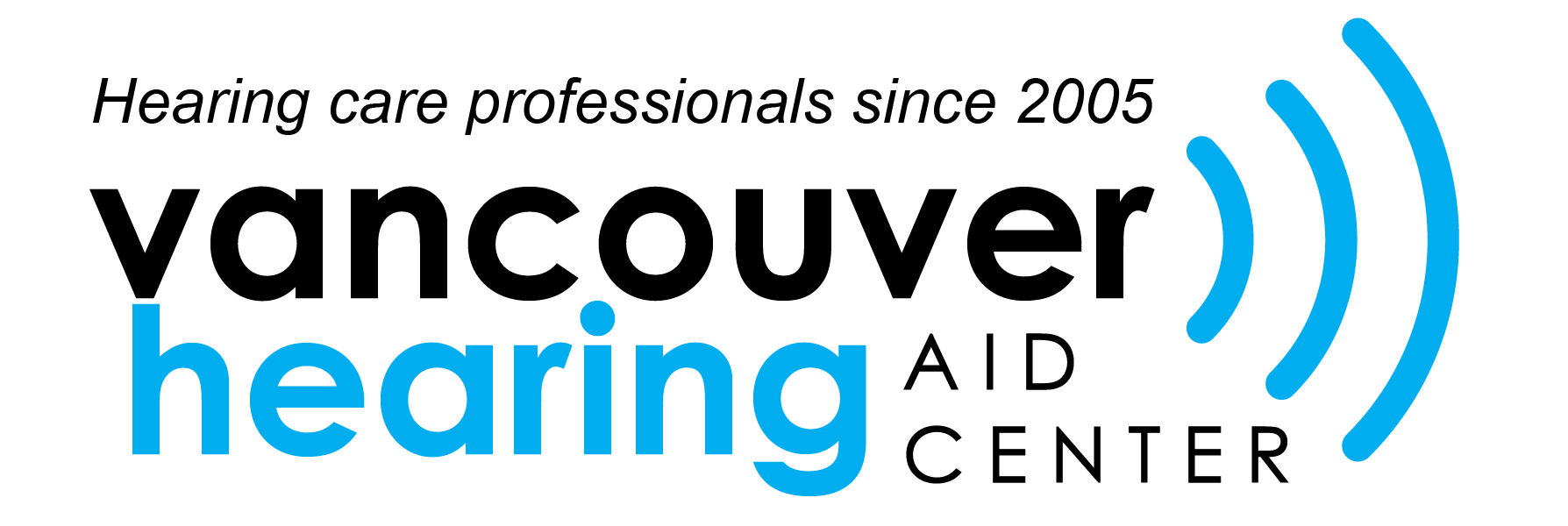Just like any other electronics, hearing aids can run into issues from time to time. Luckily, there are some simple fixes you can do to prevent hearing aid problems before they start.
1. Clean Your Hearing Aid
To keep your hearing aids functioning properly, it is essential to clean them from time to time. Using the soft brush that comes with your device, gently brush across each microphone port to remove debris and dust. Be careful not to poke anything into the microphone, as this could damage it. The mics on BTE and RIC models can also become clogged with earwax. Hold the device with the mic ports facing downward so that loose debris falls out rather than gets trapped in the port. Some BTE devices also have wax guards at the tip that goes into your ear canal, which can also become clogged with wax. Use a wax pick or wire loop to carefully scoop out any impacted wax or residue that may be causing your hearing aids to function poorly.
2. Change the Batteries Regularly
Batteries are a major part of hearing aids, and they can be a significant cost. You can replace them on a regular schedule or as needed, depending on your lifestyle and how you use your hearing aids. Many hearing aids have a warning sound that tells you when your batteries are low. If this happens, you should change them as soon as possible. To do this, open your battery door using a nail grip and remove the protective tab that is stuck to the top of the battery. Wait a few minutes for air to enter the small holes and activate the zinc in your hearing aid batteries, which will then begin to produce energy. Then, insert the new battery in the device and close the door. You should hear a squealing noise when it’s in place.
3. Schedule Regular Check-Ups
When it comes to your hearing, you may have taken for granted the importance of regular check-ups. If you do not regularly check your hearing, the chances are that your ears may continue to deteriorate and you will not realize it until it is too late. This is why it is important to schedule regular check-ups with your audiologist. They will examine each part of your hearing aid and adjust it if necessary.
4. Keep Your Ears Clean
Earwax is a normal, healthy bodily secretion that helps keep your ears clean and protect your hearing. However, excessive earwax build up can result in itching and discomfort. Regularly cleaning your ears is a simple way to prevent these issues. Use a soft brush or a cloth provided by your hearing healthcare professional to clean out the openings in your ears and remove any built-up wax that is trapped.
5. Keep Your Hearing Aid Clean
Ideally, you should clean your hearing aids every day. That means removing them after each use and wiping down the case or shell with a soft, dry cloth or tissue. Your audiologist may recommend using specially-formulated wipes or cleaning spray to help you get earwax out of your hearing aids. These will dissolve earwax quickly without harming the device or your ears.

